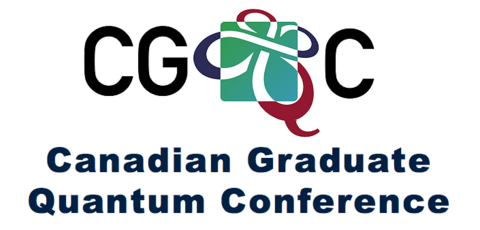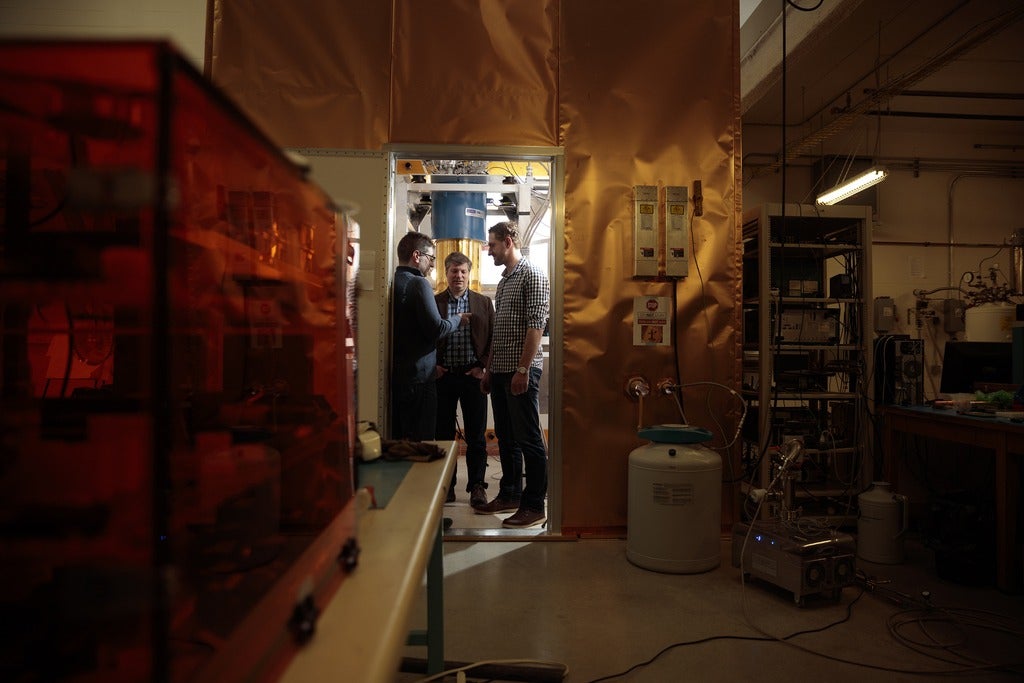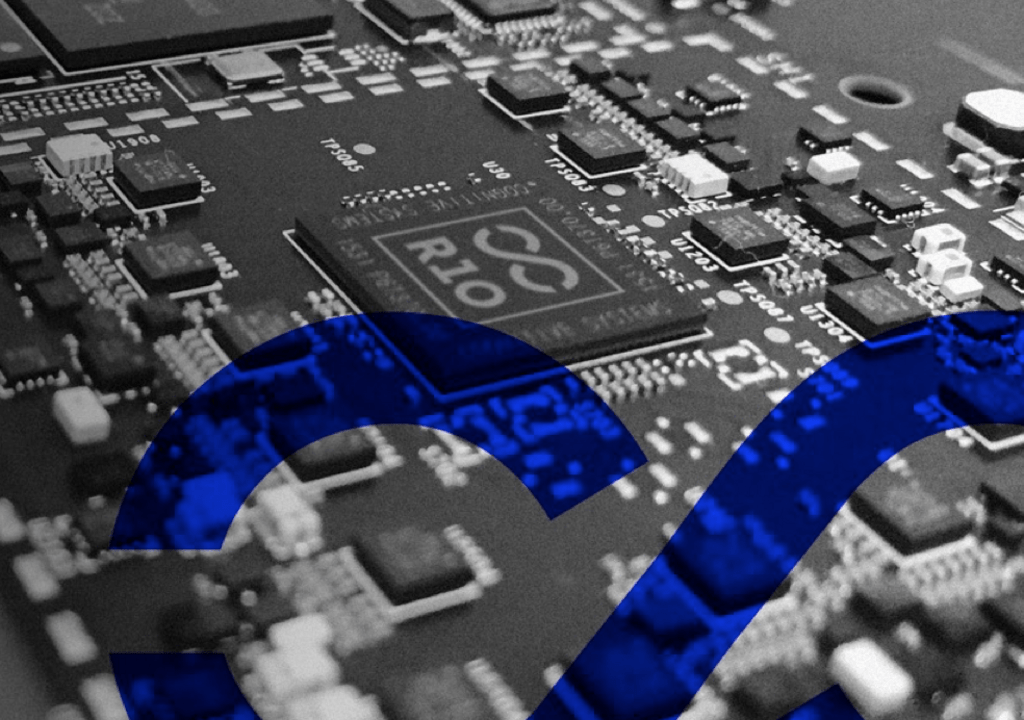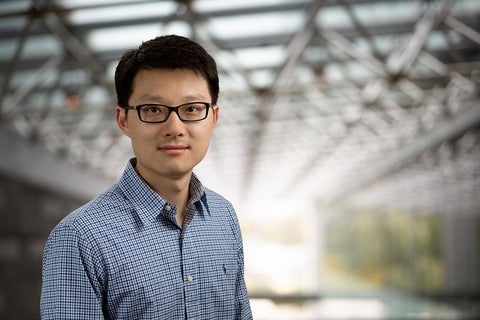IQC alum reaches impressive NIST milestone with standardized code
Researchers at IQC have made significant contributions to a Post-Quantum Cryptography standardization process run by the National Institute for Standards and Technology (NIST). As the process enters its fourth round, researchers are one step closer to identifying codes that will be widely accepted as reliable and safe against attacks enabled by emerging quantum computers.





